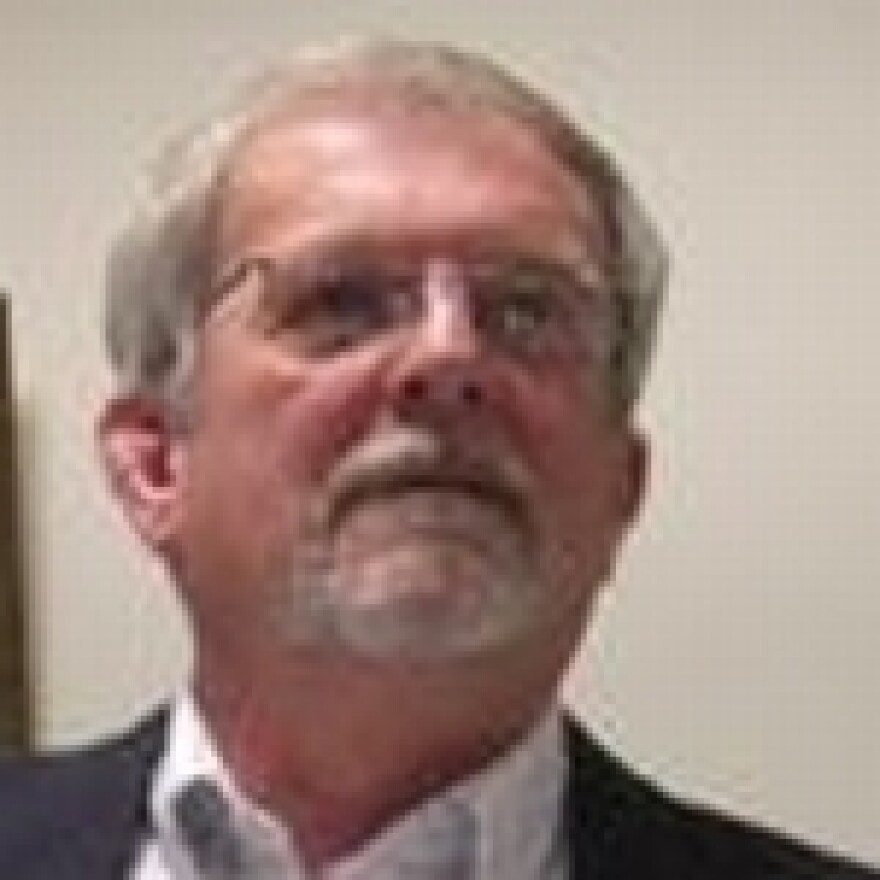http://www.vpr.net/audio/programs/56/2012/12/12192012_vpr_coffin.mp3
(Host) As a new wave of interest in Abraham Lincoln sweeps across the country, author, historian and commentator Howard Coffin notes that Abraham Lincoln almost paid a visit to Vermont, almost...
(Coffin)Abraham Lincoln never came to Vermont , but he was booked into Manchester's Equinox House for a summer vacation in 1865. The war would have been over. How he would have enjoyed himself in the kind of rural countryside he grew up in. And what a welcome Manchester would have given him, a town that proudly paid as dear a human price to win the Civil War as any in Vermont.
But John Wilkes Booth intervened.
Once,when a Confederate army threatened Washington in 1864, the president hastened to the Potomac River docks to welcome the city's saviors, the Army of the Potomac's Sixth Corps. Vermonters were disembarking when as office apologized to the president because no generals were present. A Vermont doctor heard the president's reply, I did not come here to see any generals, I came to see the Vermont Brigade.
When Lincoln died, scores of Vermont towns held what they called funerals. Many eulogies likened the assassinated president to Jesus Christ.
Back when just beginning his presidency, Lincoln wrote about his belief that for the nation to succeed, the Declaration of Independence and the Constitution must always be considered together. They are, he said, like apples of gold in pictures of silver.
He meant that the Declaration, stating that all men are created equal, should guide interpretation of the Constitution. Of course, such a reading from the nation's founding would have outlawed slavery, making the Civil War unnecessary
Dedicating the Gettysburg National Cemetery 149 years ago, Lincoln began by emphasizing that four score and seven years previous, in 1776, the founding fathers brought forth on the American continent a new nation, conceived in liberty and dedicated to the proposition that all men are created equal.
He concluded by proclaiming that the ongoing war should bring forth a new birth of freedom for the nation that he once called the last best hope of earth.
Two years after the Civil War, Vermont Civil War officers held a reunion in the House of Representatives at the State House. The keynote speaker was Stephen Thomas, former Eighth Vermont Regiment commander, a hero on several battlefields, including Winchester and Cedar Creek. Thomas spoke that day about fellow soldiers who had died in the great war.
I'm doubtful that Thomas was aware of what Lincoln had written years before about the Declaration and Constitution. But in describing his memories of fallen comrades, Thomas said, To me, they are like apples of gold in pictures of silver.




